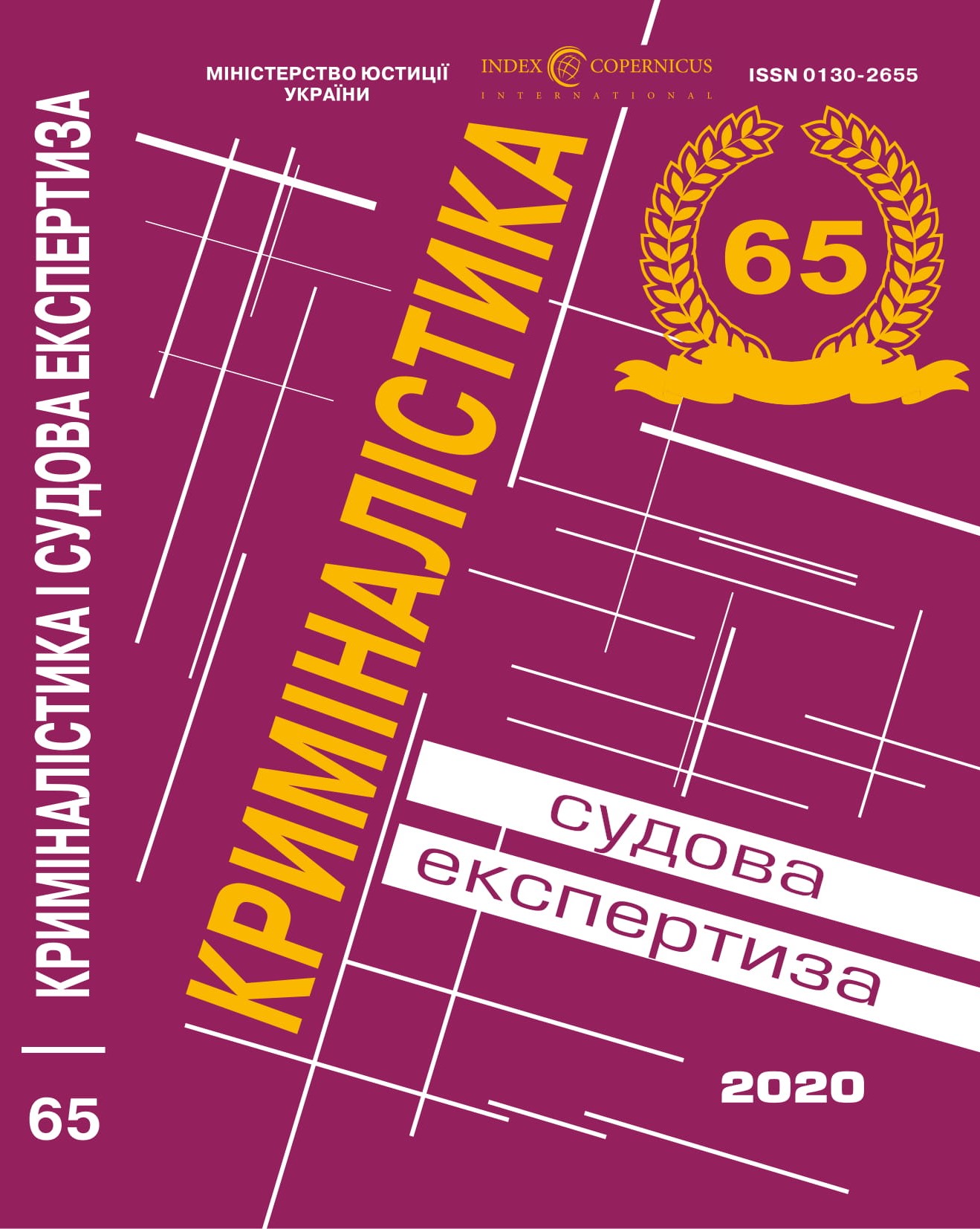
O. Mazur
DOI: https://doi.org/10.33994/kndise.2020.65.24
The article deals with the requirements of the European Court of Human Rights regarding evidence and evidence, which are disclosed in the provision of paragraph 3 of Article 6 “The right to a fair trial” of the Convention for the Protection of Human Rights and Fundamental Freedoms, the latest practice of the Supreme Court regarding the criteria for admissibility of evidence and analysis of the current criminal procedural law.
As you know, the attitude of the state towards the protection of human rights and freedoms is one of the indicators of its democracy. Ukraine has chosen the European Community as the main strategic vector of development. Such a vector provides for the unification of the regulatory framework in accordance with European legislation, as well as compliance by law enforcement agencies with international standards for the protection of the rights and freedoms of citizens. That is why, the corresponding rule is enshrined in the Criminal Procedure Code of Ukraine, providing that the rule of law in criminal proceedings is applied taking into account the practice of the European Court of Human Rights (part 2 of article 8).
A detailed analysis of the provisions of the Criminal Procedure Code of Ukraine regarding the admissibility of evidence in criminal proceedings and the relationship of these norms with the legal positions of the European Court of Human Rights is carried out.
They also examined the requirements of the European Court of Human Rights regarding the admissibility of evidence in decisions in which a violation by the state of the norms of the Convention was found, and in decisions in which such a violation was not found.
So, summarizing and analyzing the practice of the ECHR, we saw that the Court emphasizes that a guilty verdict cannot be generally based only on inadmissible evidence, and if such a sentence is pronounced, then this is a violation of Article 1 6 of the Convention in respect of an unfair trial.
Therefore, the investigator, prosecutor, investigating judge and judge should take into account the relevant practice of the ECHR and the norms of the Convention in their procedural activities in order to avoid these violations and to submit complaints to the European Court of Human Rights in the future.
Key words: evidence, admissible evidence, criminal proceedings, court decision, European Court of Human Rights.










